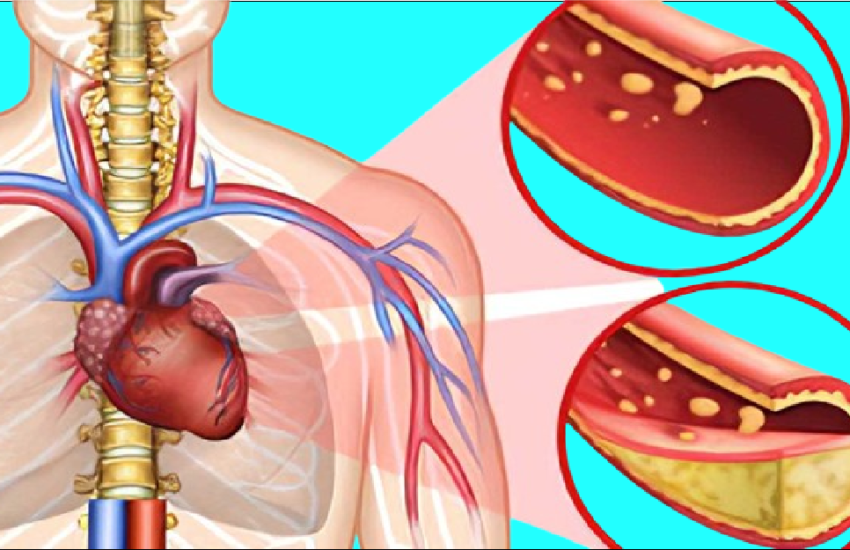9 warning signs that indicate vitamin D deficiency
Vitamin D is pivotal as a crucial nutrient with far-reaching effects on many body functions. It functions not only as a vitamin but also as a hormone with receptors found in every cell.
The synthesis of vitamin D from cholesterol, which is stimulated by exposure to sunlight on the skin, underscores its unique physiological pathway, distinguishing it from other vitamins.
Factors that contribute to the prevalence of vitamin D deficiency are multifaceted and include demographic characteristics such as dark skin tone, advanced age, high body weight or obesity, limited consumption of vitamin D-rich foods such as fatty fish and dairy products, and remote geographical location. Equator with reduced sun exposure, regular use of sunscreen, and indoor lifestyle habits.
Individuals residing near the equator experience lower rates of deficiency due to greater exposure to sunlight, ensuring sufficient internal production of vitamin D to adequately meet physiological requirements.
Despite its crucial role, vitamin D deficiency often goes undetected due to its subtle symptoms, which can significantly impact overall health without being immediately detected.
Understanding the signs and symptoms of vitamin D deficiency is crucial for early detection and intervention:
Increased susceptibility to diseases:
The immunomodulatory effects of vitamin D are vital in fighting infections, as low levels are associated with a higher risk of respiratory diseases such as the common cold, bronchitis and pneumonia.
Fatigue and lethargy:
Fatigue, a prevalent but often overlooked symptom, may be associated with deficient vitamin D levels, significantly affecting daily life and overall quality of life.
Bone and back pain:
Vitamin D’s role in calcium absorption and bone health is manifested in symptoms such as bone and lower back pain, indicating potential problems associated with a deficiency.
Mood disorders:
Research suggests a link between vitamin D deficiency and mood disorders such as depression, especially prevalent in older adults.
Delayed wound healing:
Inadequate levels of vitamin D may hinder wound healing processes, leading to long recovery periods after surgery or injury.
Loss of bone density:
The complex interplay between vitamin D, calcium absorption, and bone metabolism underscores its importance in maintaining optimal bone mineral density, especially for older adults at risk of fractures.
Despite the focus on vitamin D supplementation, especially in at-risk groups, studies suggest that improving blood levels does not always guarantee measurable improvements in bone health, highlighting the need for a careful approach to address concerns about deficiency.


